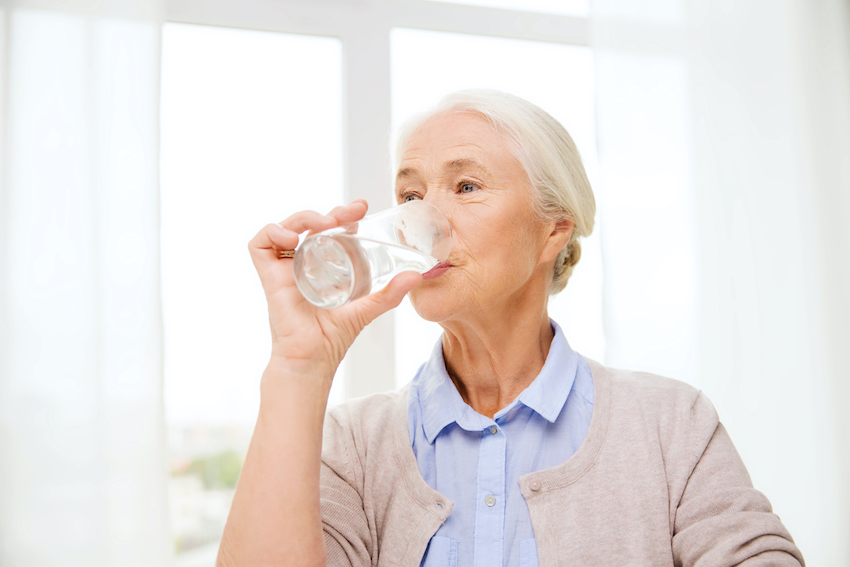
Urinary incontinence management is possible and can help improve quality of life.
While common in the elderly, urinary incontinence is a challenging condition to control, impacting daily life in many ways and frequently leading to lower self-confidence and assurance as well as the limiting of rewarding activities.
Yet it is crucial to understand that urinary incontinence is not something that has to simply be accepted as a standard element of aging. Determining the reason behind the issue may result in effective incontinence management. Contributing factors to bladder control problems include:
- A urinary tract or vaginal infection
- Constipation
- Weakened or overactive bladder muscles
- Weakened pelvic floor muscles or pelvic organ prolapse
- Nerve damage from conditions including Parkinson’s disease, diabetes, or MS
- Enlarged prostate
- Health conditions that make it harder to make it to the restroom in time, such arthritis
A senior loved one going through problems with incontinence management should visit with the physician to go over symptoms, medications, and medical history. He or she may recommend blood and urine tests as well as testing to decide how effectively the bladder is emptying. Keeping a daily journal prior to the appointment can help, noting the times of each day when urinating and when leaking urine.
After the cause for the incontinence has been determined, treatment plans may include:
- Oral medicines that may tighten muscles or help the bladder empty fully
- An injected medication into the area surrounding the urethra
- A low-dose estrogen cream
- Nerve stimulation around the bladder
- A urethral insert or pessary in order to prevent leaking
- Surgery if the incontinence is brought on by blockage or a change in the bladder’s position
In addition, some incontinence issues are often alleviated by trying:
- Kegel (pelvic muscle) exercises
- Biofeedback
- Timed urination, emptying the bladder on a set schedule
- Lifestyle changes, such as eliminating caffeine and alcohol, stopping smoking, and slimming down
Frequently, those diagnosed with urinary incontinence incorrectly believe that they should restrict their fluid intake. It is vital to maintain adequate hydration and to recognize that lower hydration levels contribute to more concentrated urine, which actually will make urinating more uncomfortable and increase issues with incontinence. Plain water is always the best choice, but if the senior prefers, try adding flavoring such as a slice of cucumber or citrus fruit.
For a loved one with Alzheimer’s disease, specifically in the later stages, incontinence is especially common, and can be helped through:
- Making it easier to access the bathroom by making certain pathways are clear and there is sufficient lighting
- Cutting out coffee, soda, and tea from the senior’s diet, as these increase urination (but ensuring your senior loved one drinks plenty of water)
- Taking frequent, regular bathroom breaks
- Choosing clothing that is easy to remove
- Trying out different types of incontinence care products to find one that’s most comfortable
Absolute Companion Care’s aging care professionals are trained and experienced in incontinence care, and are here to help offer recommendations as well as in-home care to assist with personal care needs, discreetly and always with the utmost respect. Contact us at 410-357-9640 to request a free in-home consultation and to learn more about our home care services in Towson and surrounding areas. To learn about all of the communities where we provide care, please visit our Service Area page.
